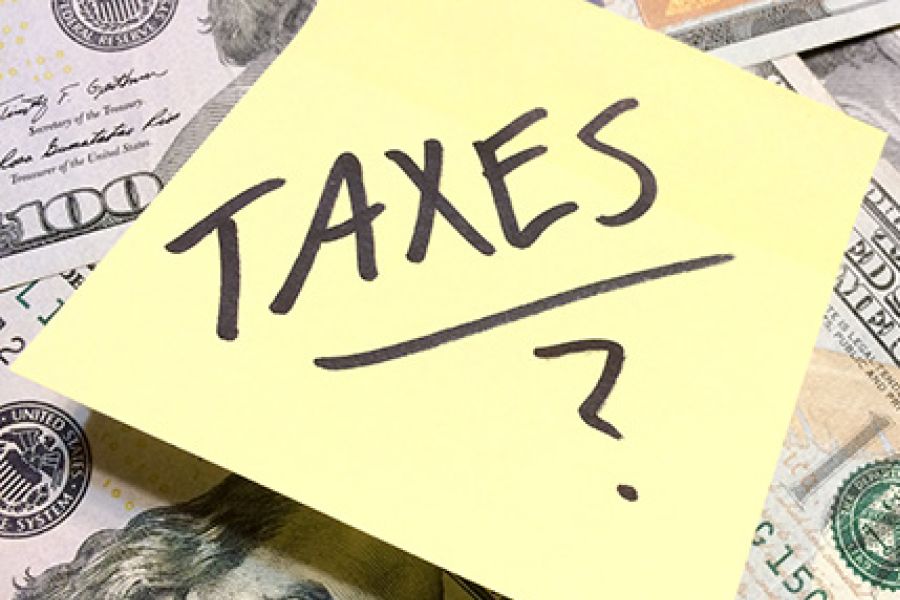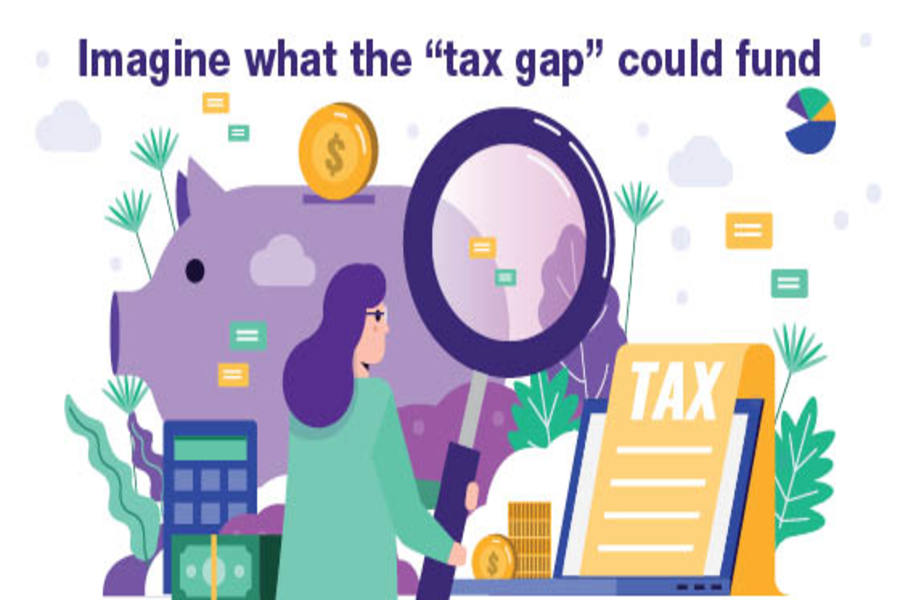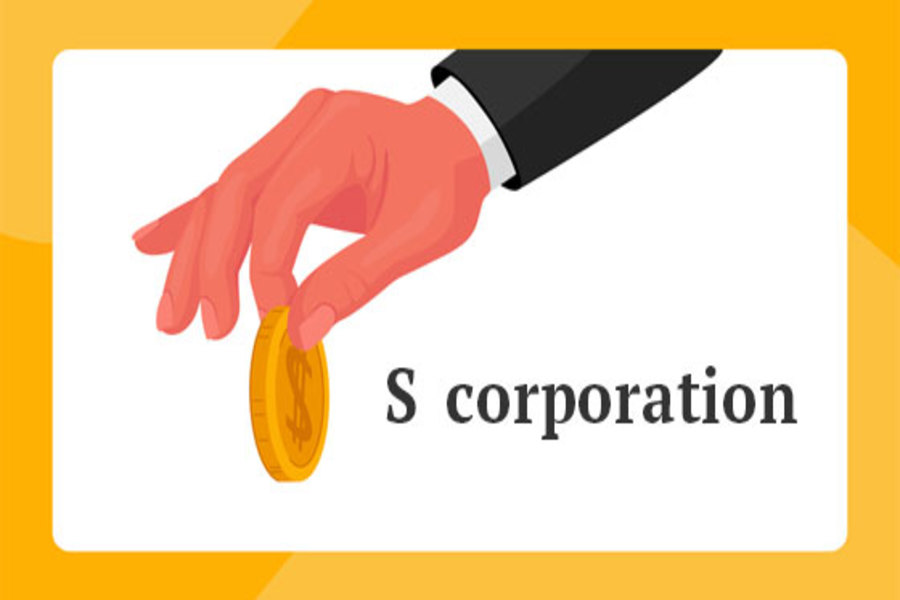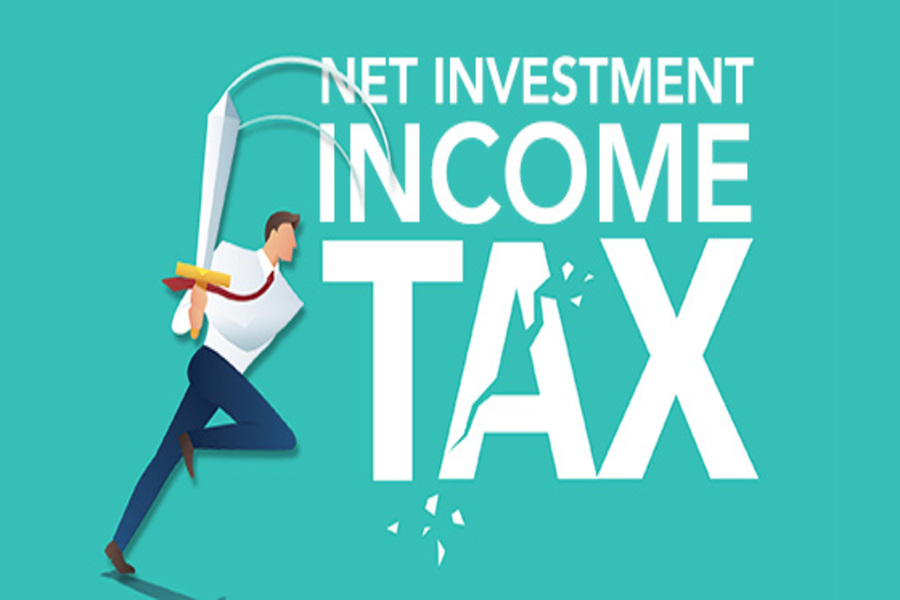Even after your 2020 tax return has been successfully transmitted to the IRS, you may still have questions after filing your return. Here are brief answers to three questions that we’re frequently asked at this time of year. Are you wondering when you will receive your refund? The IRS has an online tool that can tell you the status of your refund. Go to irs.gov and click on “Get Your Refund Status.” You’ll need your Social Security number, filing status and the exact refund amount. Which tax records can you throw away now? At a minimum, keep tax records related to your return for as long as the IRS can audit your return or assess additional taxes. In general, the statute of limitations is three years after you file...

(This is Blog Post #1039)...
Although auto sales plunged at the start of the COVID-19 pandemic, they’ve since rebounded. In fact, some dealerships are reporting record sales in 2021. Problems remain — including supply bottlenecks. Also, your dealership may be more vulnerable to fraud. Factors such as employees working from home, new vendors and even booming sales, can put your business at risk. Here’s how to prevent fraud from cutting into profits. Focus on accounting Fraud prevention starts with strong internal controls. For example, good controls generally require a dealership’s accounting department to post transactions daily, including new and used vehicle sales, repair orders, invoice payments, payroll and cash receipts. By 1 p.m. on any given day, you should have access to real-time checkbook balances and other accounting information effective as of 5 p.m. the...
(This is Blog Post #1037)...
If your business is organized as a sole proprietorship or as a wholly owned limited liability company (LLC), you’re subject to both income tax and self-employment tax. There may be a way to cut your tax bill by conducting business as an S corporation. Fundamentals of self-employment tax The self-employment tax is imposed on 92.35% of self-employment income at a 12.4% rate for Social Security up to a certain maximum ($142,800 for 2021) and at a 2.9% rate for Medicare. No maximum tax limit applies to the Medicare tax. An additional 0.9% Medicare tax is imposed on income exceeding $250,000 for married couples ($125,000 for married persons filing separately) and $200,000 in all other cases. What if you conduct your business as a partnership in which you’re a...
The Internal Revenue Service recently reminded businesses (in News Release 2021-47) of their responsibility to report large cash transactions via the filing of Form 8300, Report of Cash Payments Over $10,000, and encourages e-filing to help them file accurate, complete forms. Although many cash transactions are legitimate, information reported on Form 8300 can help stop those who evade taxes, profit from drug trading, engage in terrorist financing and conduct other criminal activities. The government can often trace money from these illegal activities through payments reported on complete, accurate forms. To help businesses prepare and file reports, the IRS created a video on How to Complete Form 8300 – Part I, Part II. The short video points out sections of Form 8300 for which the IRS commonly finds...
High-income taxpayers face a 3.8% net investment income tax (NIIT) that’s imposed in addition to regular income tax. Fortunately, there are some steps you may be able to take to reduce its impact. The NIIT applies to you only if modified adjusted gross income (MAGI) exceeds: $250,000 for married taxpayers filing jointly and surviving spouses, $125,000 for married taxpayers filing separately, $200,000 for unmarried taxpayers and heads of household. The amount subject to the tax is the lesser of your net investment income or the amount by which your MAGI exceeds the threshold ($250,000, $200,000, or $125,000) that applies to you. Net investment income includes interest, dividend, annuity, royalty, and rental income, unless those items were derived in the ordinary course of an active trade or business. In...
Fraudulent behavior isn’t necessarily perpetuated by people hiding their identities. For example, legitimate customers sometimes use the credit card chargeback process to their advantage — and to the disadvantage of merchants. Others routinely abuse chargebacks to steal merchandise. Here’s how to protect your business from these types of “friendly” and sometimes dishonest fraud. Chargeback mechanics Friendly fraud pivots on a customer’s failure to communicate with a merchant. Instead of contacting a seller to discuss a problem with a good or service, some customers immediately dispute a charge with their bank or credit card company. They generally provide plausible reasons for the dispute and don’t mask their identify at any phase of the process. A chargeback takes time and effort to resolve. And if the bank or credit card...
Before the COVID-19 pandemic hit, the number of people engaged in the “gig” or sharing economy had been growing, according to several reports. And reductions in working hours during the pandemic have caused even more people to turn to gig work to make up lost income. There are tax consequences for the people who perform these jobs, which include providing car rides, delivering food, walking dogs and providing other services. Bottom line: If you receive income from freelancing or from one of the online platforms offering goods and services, it’s generally taxable. That’s true even if the income comes from a side job and even if you don’t receive an income statement reporting the amount of money you made. Basics for gig workers The IRS considers gig workers...
Providing education assistance to employees is done by many businesses as a fringe benefits so their employees can improve their skills and gain additional knowledge. An employee can receive, on a tax-free basis, up to $5,250 each year from his or her employer for educational assistance under a “qualified educational assistance program.” For this purpose, “education” means any form of instruction or training that improves or develops an individual’s capabilities. It doesn’t matter if it’s job-related or part of a degree program. This includes employer-provided education assistance for graduate-level courses, including those normally taken by an individual pursuing a program leading to a business, medical, law or other advanced academic or professional degree. Additional requirements Providing education assistance to employees must be provided under a separate written plan...
- 1
- 2
- 3
- 4
- 5
- 6
- 7
- 8
- 9
- 10
- 11
- 12
- 13
- 14
- 15
- 16
- 17
- 18
- 19
- 20
- 21
- 22
- 23
- 24
- 25
- 26
- 27
- 28
- 29
- 30
- 31
- 32
- 33
- 34
- 35
- 36
- 37
- 38
- 39
- 40
- 41
- 42
- 43
- 44
- 45
- 46
- 47
- 48
- 49
- 50
- 51
- 52
- 53
- 54
- 55
- 56
- 57
- 58
- 59
- 60
- 61
- 62
- 63
- 64
- 65
- 66
- 67
- 68
- 69
- 70
- 71
- 72
- 73
- 74
- 75
- 76
- 77
- 78
- 79
- 80
- 81
- 82
- 83
- 84
- 85
- 86
- 87
- 88
- 89
- 90
- 91
- 92
- 93
- 94
- 95
- 96
- 97
- 98
- 99
- 100
- 101
- 102
- 103
- 104
- 105
- 106
- 107
- 108
- 109
- 110
- 111
- 112
- 113
- 114
- 115
- 116
- 117
- 118
- 119
- 120
- 121
- 122
- 123
- 124
- 125
- 126
- 127
- 128
- 129
- 130
- 131
- 132
- 133
- 134
- 135
- 136
- 137
- 138
- 139
- 140
- 141
- 142
- 143
- 144
- 145
- 146
- 147
- 148
- 149
- 150
- 151











